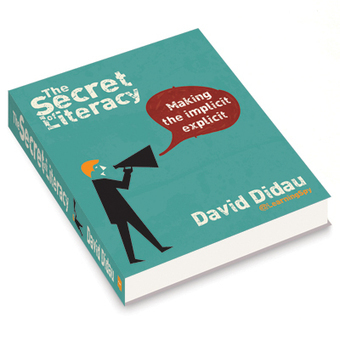It is the duty of the human understanding to understand that there are things which it cannot understand, and what those things are. Søren Kierkegaard With the freedom to replace National Curriculum Levels with whatever we want, there’s a wonderful opportunity to assess what students can actually do rather than simply slap vague, ill-defined criteria
Learn more:
.
- https://gustmees.files.wordpress.com/2015/05/document_fusionne.pdf
.
- https://gustmees.wordpress.com/2015/05/26/what-are-the-skills-needed-from-students-in-the-future/
.
- https://gustmees.wordpress.com/2014/10/03/design-the-learning-of-your-learners-students-ideas/



 Your new post is loading...
Your new post is loading...









Learn more:
.
- https://gustmees.files.wordpress.com/2015/05/document_fusionne.pdf
.
- https://gustmees.wordpress.com/2015/05/26/what-are-the-skills-needed-from-students-in-the-future/
.
- https://gustmees.wordpress.com/2014/10/03/design-the-learning-of-your-learners-students-ideas/